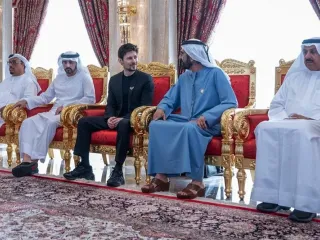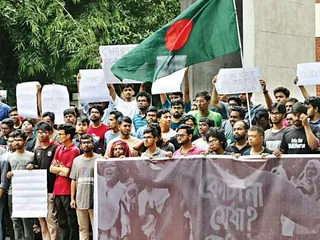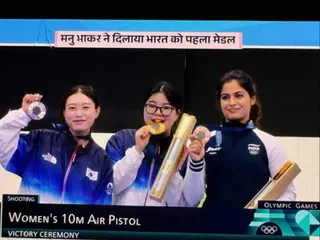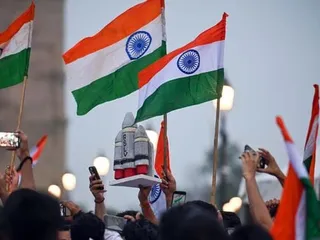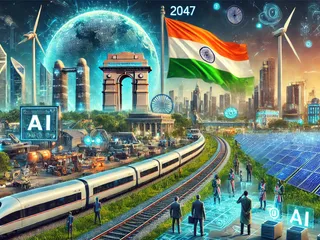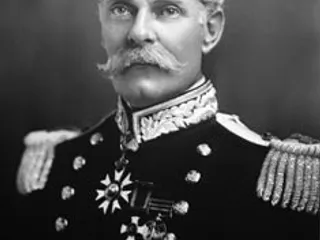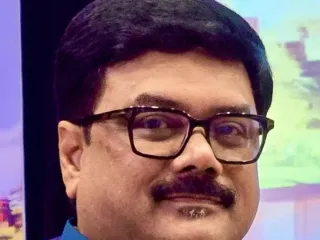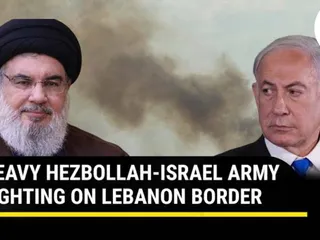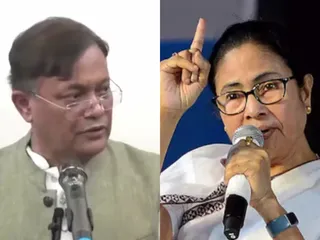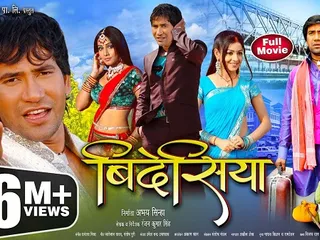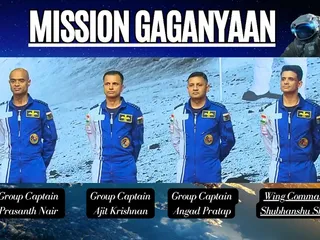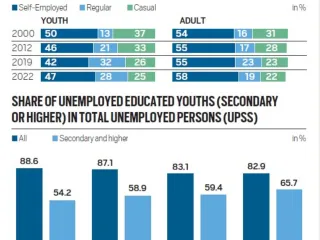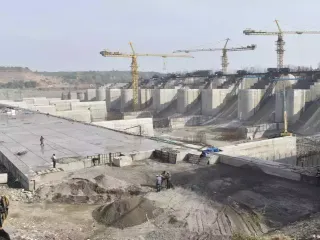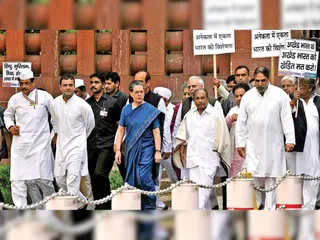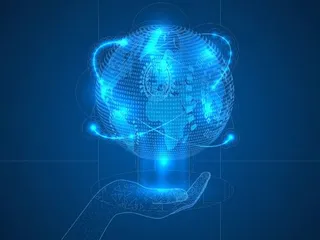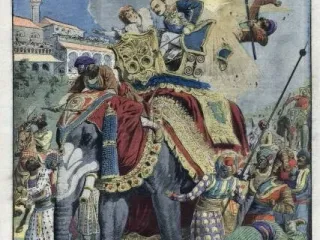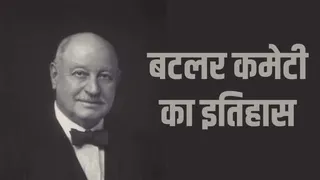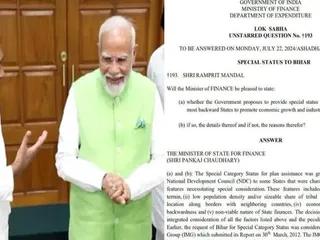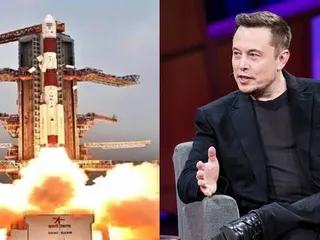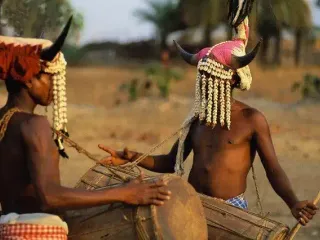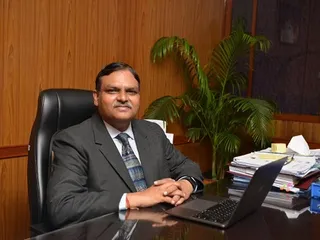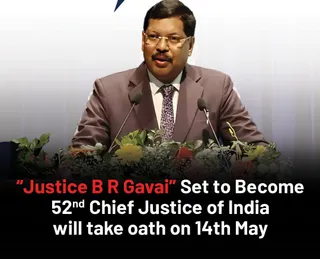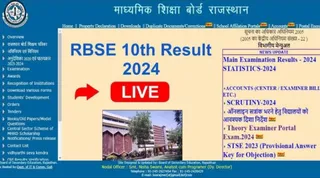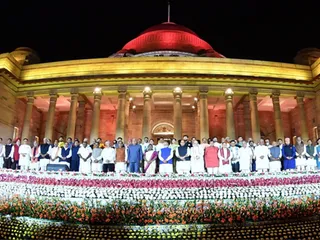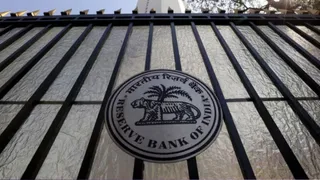India's struggle for independence was a complex and multifaceted movement, spanning decades and involving countless individuals who dedicated their lives to achieving freedom from British rule. Their contributions, both on the grand stage and in the quiet corners of villages, shaped the nation's destiny. This narrative explores some key figures and aspects of this pivotal period.
The Father of the Nation: Mahatma Gandhi Mohandas Karamchand Gandhi, or Mahatma Gandhi, is synonymous with India's independence movement. His philosophy of Satyagraha, or nonviolent resistance, profoundly impacted the struggle. His campaigns of civil disobedience, including the Salt Satyagraha and the Quit India Movement, mobilized millions and put immense pressure on the British government. Gandhi's commitment to peaceful resistance demonstrated the power of nonviolent action on a global scale.
Revolutionary Leaders: Bhagat Singh and Subhas Chandra Bose While Gandhi championed nonviolent resistance, other freedom fighters adopted more radical approaches. Bhagat Singh, a socialist revolutionary, believed in armed struggle and advocated for complete independence. His unwavering dedication to his ideals and his martyrdom at a young age cemented his place as an iconic figure. Subhas Chandra Bose, a charismatic leader, formed the Forward Bloc and sought support from Axis powers during World War II, hoping to liberate India through armed struggle. His Indian National Army (INA) fought alongside the Japanese, though ultimately unsuccessful in achieving immediate independence, its symbolic importance was significant.
The Role of the Indian National Congress The Indian National Congress (INC), initially a moderate organization, evolved into a powerful force leading the struggle for independence. Through various leaders and strategies, the INC played a crucial role in mobilizing public opinion, coordinating movements, and engaging in negotiations with the British government. Figures like Jawaharlal Nehru and Sardar Vallabhbhai Patel played pivotal roles within the INC, shaping the political landscape and post-independence India.
Regional Movements and Unsung Heroes The fight for independence was not limited to prominent national leaders. Countless unsung heroes, often from marginalized communities, played crucial roles in local resistance movements. These individuals, through acts of bravery and defiance, significantly contributed to the overall struggle. Their stories, though less widely documented, are essential to a complete understanding of the movement's depth and breadth.
The Legacy of the Freedom Struggle The freedom struggle left an enduring legacy. It demonstrated the power of collective action, the importance of perseverance, and the potency of various strategies in achieving national liberation. The principles of nonviolence, self-determination, and democratic ideals, championed by many freedom fighters, continue to resonate today and inform India's identity as a nation. The sacrifices made by these individuals laid the foundation for a sovereign and independent India, a legacy that deserves continued remembrance and celebration.

